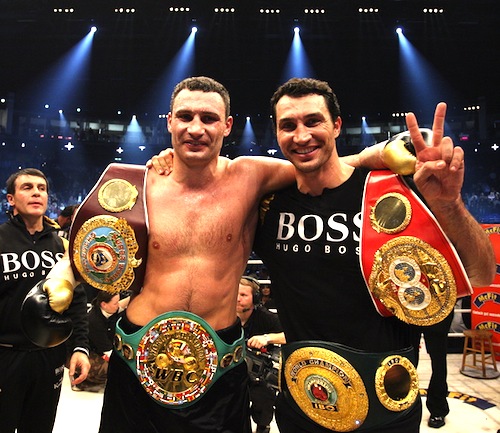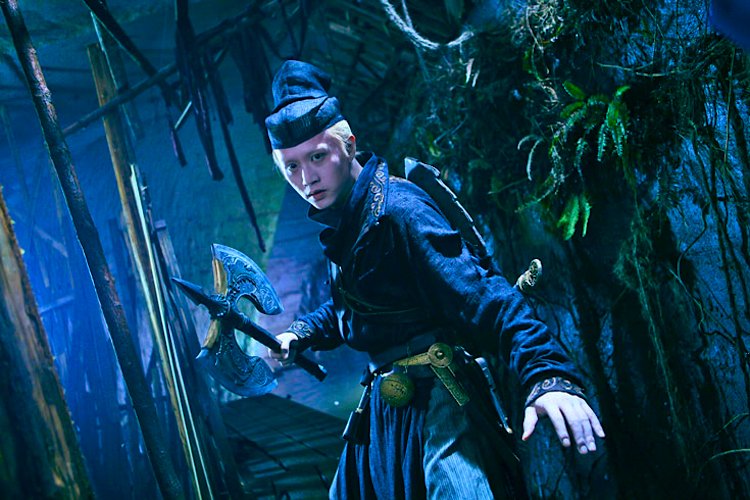By Patricia Ducey. If Satan were to come to Earth today, he would need a cover. I would suggest he consider that of a bureaucrat – the stony-eyed glare of the city guy who cites you for running your sprinklers half an hour early, or the DMV clerk who reduces all who cross her path to beaten dogs – those suggest a certain affinity to the Devil. But these small-timers can be fired; after all, their bosses are elected (or un-elected) by the people, and up the chain of command there remains an element of accountability. By contrast, a UN bureaucrat might be just the ticket. No accountability at all, and a steady stream of money from the gullible U.S. government and the myriad side “businesses” of its minions. Potential witnesses may fall down elevator shafts – terrible accident, that – humanitarian aid may be diverted to tyrants and their democratic enablers, but you can’t change the world overnight and think of all the good the UN does!
Larysa Kondracki’s brutal and riveting film, The Whistleblower, tells the true story of Nebraska police officer Kathryn Bolkovac, who signed on for six months as a highly paid UN peacekeeper in the 1990s and found herself in the hell on Earth that was Bosnia. Officer Bolkovac soon finds that “monitoring” human rights abuses means something less than actually “investigating” crimes or “arresting” anyone, and “peacekeeping” means mostly keeping a bribe-fed lid on the quiet barbarities that sputter-on well after the big guns stop. Continue reading Exposing UN Abuse: LFM Reviews The Whistleblower @ The Newport Beach Film Festival


